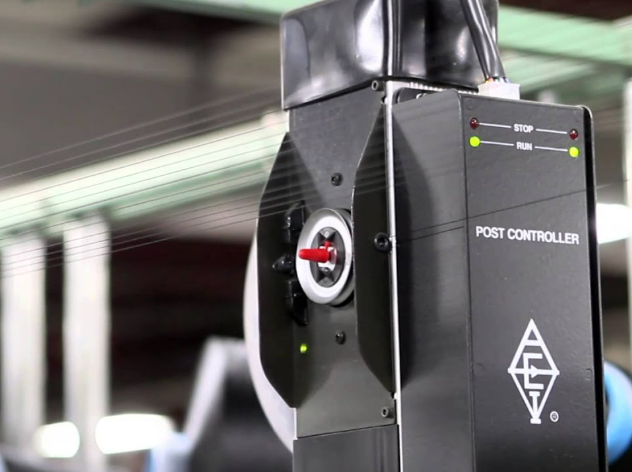
Flax fibers, the shooting stars of sustainable lightweight construction
Interview with Friedrich J. Deimann, Managing Director of GREENBOATS about flax fibers in composites Learn moreFlax is a plant and absorbs CO2 as it grows. This means that fibers from the herbaceous plant are per se much more environmentally friendly than their glass or carbon counterparts, which are obtained from energy-intensive petrochemical processes. Flax fibers are produced with about 90% less energy than carbon fibers and with about 80% less energy than glass fibers. This is shown by a life cycle assessment calculation with the MarineShift 360 software. According to this assessment, flax fibers and bio-based epoxy resin are at the top of the list of low-emission composites, closely followed by hemp, ahead of basalt fibers, and far ahead of glass fibers in polyester resin.1
The Bremen-based company GREENBOATS was one of the first players in the industry to recognize the sustainability potential of flax fibers for composites. How the composites specialist paved the way for natural fibers in composites, Kay Burkhardt from Application Technology team at KARL MAYER Technische Textilien learned from Friedrich J. Deimann, Managing Director of GREENBOATS.
This article is about:
People related to this article:
Read More From My Textile News
Get free access to all articles, numerous specials and interviews. Register for freeRegisternow for free to get access to more interesting content

Patterning from the cloud
Register now
More lapping variety, more shape power
Register now

